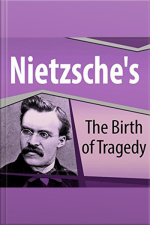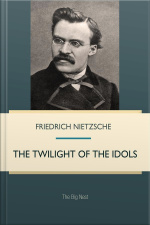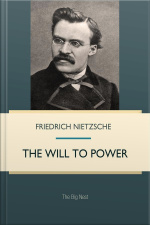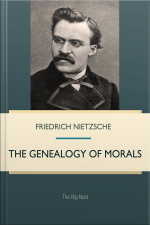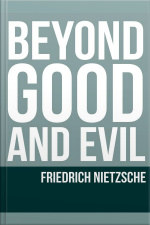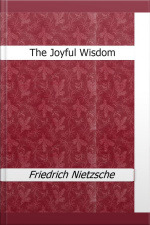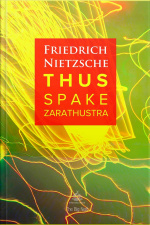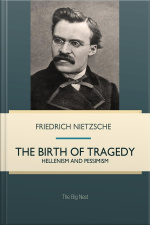Beyond Good and Evil (Além do Bem e do Mal) é uma obra filosófica escrita por Friedrich Nietzsche e publicada em 1886. Neste livro, Nietzsche desafia as concepções...
In this, his first book, Nietzsche developed a way of thinking about the arts that unites the Greek gods Apollo and Dionysus as the central symbol of human existence. Although...
Nietzsche criticizes German culture of the day as unsophisticated, decadent and nihilistic, and shoots some disapproving arrows at key French, British, and Italian cultural...
What I am now going to relate is the history of the next two centuries. I shall describe what will happen, what must necessarily happen: the triumph of Nihilism. This history can...
The book is a critique of Richard Wagner and the announcement of Nietzsche's rupture with the German artist, who had involved himself too much, in Nietzsche's eyes, in the...
We are unknown, we knowers, ourselves to ourselves: this has its own good reason. We have never searched for ourselves—how should it then come to pass, that we should ever find...
Beyond Good and Evil: Prelude to a Philosophy of the Future is a book by philosopher Friedrich Nietzsche, first published in 1886. It draws on and expands the ideas of his...
This book "the Joyful Wisdom," was written in 1882, shortly before "Zarathustra", is considered the best work by Nietzsche. It is interesting to discover how...
The book chronicles the fictitious travels and speeches of Zarathustra. Zarathustra's namesake was the founder of Zoroastrianism, usually known in English as Zoroaster....
Nietzsche found in classical Athenian tragedy an art form that transcended the pessimism and nihilism of a fundamentally meaningless world. The Greek spectators, by looking into...

